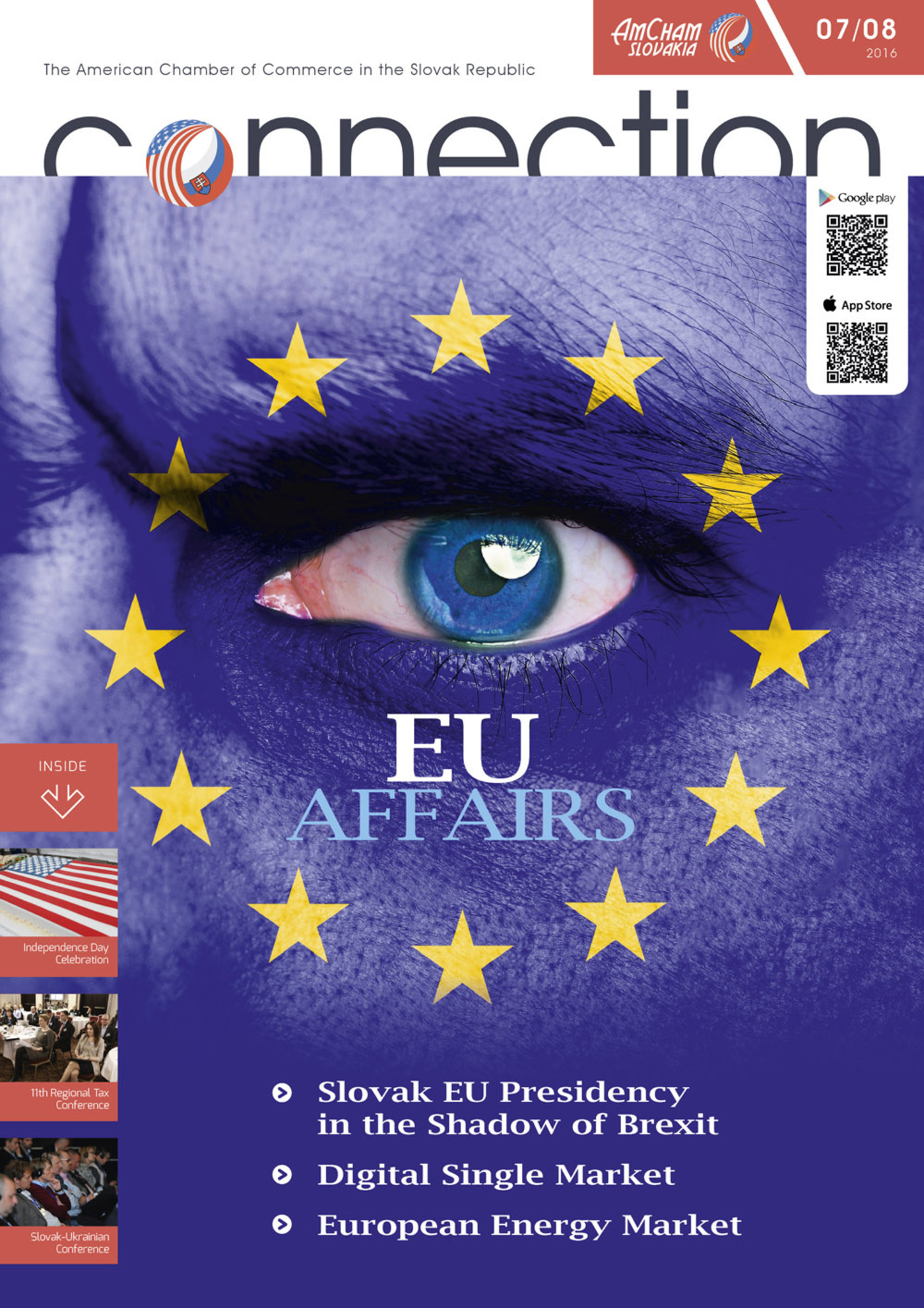As it was the case in other equally important areas in the past, one of the key challenges to a successful implementation of the DSM strategy will be to find compromise (preferably an ambitious one) among the EU Member States in all its three policy areas. These include better online access to digital goods and services across Europe, creating the right conditions and a level playing field for digital networks and innovative services and maximizing the growth potential of the digital economy. Since its announcement in May 2015, DSM has already generated numerous, often very conflicting, positions on many of the proposed 16 legislative and non-legislative initiatives. As the European Commission continues to unveil individual policy proposals, the attention is increasingly turning to the Council made of individual Member States.
It seems that the teams are already lined up there. On the one side there are those Member States that welcome the proposals aimed at boosting the DSM key objective – better and bigger cross-border trade online. Most recently, fourteen Member States signed a letter calling for Brussels to maintain a “high level of ambition” (and not get bogged down trying to regulate big American internet companies). On the other side, there are two traditional firm allies on most digital matters – Paris and Berlin. Germany, for example, has been worried about the impact of large US platforms on its domestic business champions. While France has been opposed to anything it fears may water down its protection of cultural works. Therefore, the answer to the question of how successful the EU will be in implementing the DSM strategy will largely depend on managing and overcoming resistance from the Franco-German bloc. Of course, this will be much harder if the EU loses one of the biggest supporters of the DSM and digital transformation - the United Kingdom.
Looking at the ambitious DSM implementation timeframe, it is not a surprise Slovakia has made the creation of the single digital market for Europe one of the key themes for its upcoming EU Presidency. Within the DSM strategy Slovakia wants to focus predominantly on the recently presented e-Commerce Package, which aims at enabling consumers and companies to buy and sell products and services online more easily and confidently across the EU. The legislative package contains four proposals for regulation of geo-blocking, cross-border parcel delivery, consumer protection cooperation and audiovisual media services and one communication on online platforms. These particular proposals form the centerpiece of the DSM strategy and the Slovak EU Presidency will have a very important task trying to frame the debate, navigate the early stages of legislative process and achieve as many tangible results in the EU Council as possible.
While keeping in mind the overall goal – to help build a truly single online market for Europe, Slovak EU Presidency will have to act as a very sophisticated and careful broker. In addition to the interests of individual national governments Slovakia will also have to balance views of various interest groups. With estimates that a fully functioning DSM could contribute approximately €415 billion to the European GDP, businesses that are quick to act off the back to these proposals stand to gain the most.
The question of geo-blocking (i.e. unjustified discrimination based on nationality or place of residence), which is rightly viewed as the key precondition for a successful implementation of the DSM, is often used as an example of such battle. Currently, the distribution rights for digital content are negotiated on a national basis to account for differences in copyright laws between EU Member States. Businesses argue that copyright differences must be resolved before geo-blocking restrictions can be lifted. Furthermore, businesses want to determine the geographic scope of their operations, since serving the entire EU could increase costs for compliance with local laws. On the other hand, creative industry players argue that abolition of geo-blocking would destroy local content producers and eventually provide consumers with less choice.
In order to overcome such challenges, the Slovak and all future EU Presidencies should do as much as possible to promote an environment that fosters competition and encourages investment and innovation. Policy proposals designed to deliver a digital single market should be evidence-based, future proof and address specific, correctly identified and well understood problems. Only choices made with such approach can ensure that the single market is updated for the digital age, delivers opportunity for innovative businesses whether large or small, and benefits consumers. An alternative path, one that seeks to preserve incumbent positions and introduces unnecessary burdens, would result in a missed opportunity.
Tomas Bereta, Senior Account Manager, Fipra Slovakia



Follow us